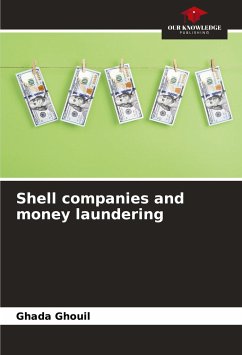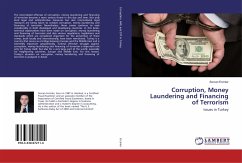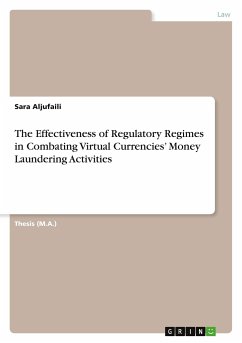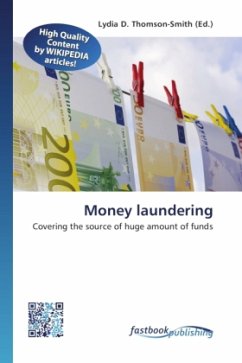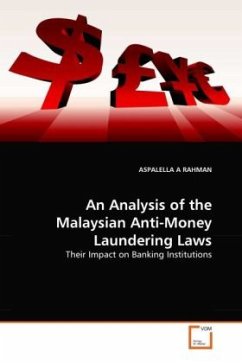Money laundering can be carried out in different ways, with varying levels of complexity. One of the most common methods of money laundering is to use shell companies. The creation of fictitious companies has become a common practice among people. Who does not have a shell company, drawer company or empty shell company at their disposal to "conduct business"? The fictitious company is therefore a concrete phenomenon occupying an effective place in the business world, an entity which only exists in appearance but which some authors have been able to take advantage of, and in particular the money launderers who were the first to use it as a legal framework to conceal the illicit origin of their funds.
Bitte wählen Sie Ihr Anliegen aus.
Rechnungen
Retourenschein anfordern
Bestellstatus
Storno

